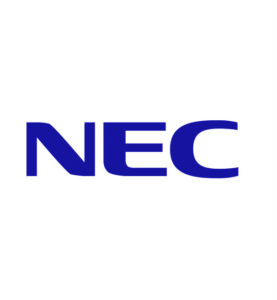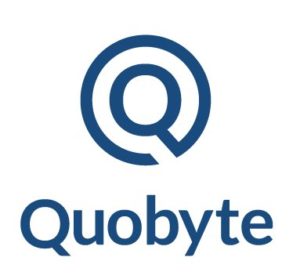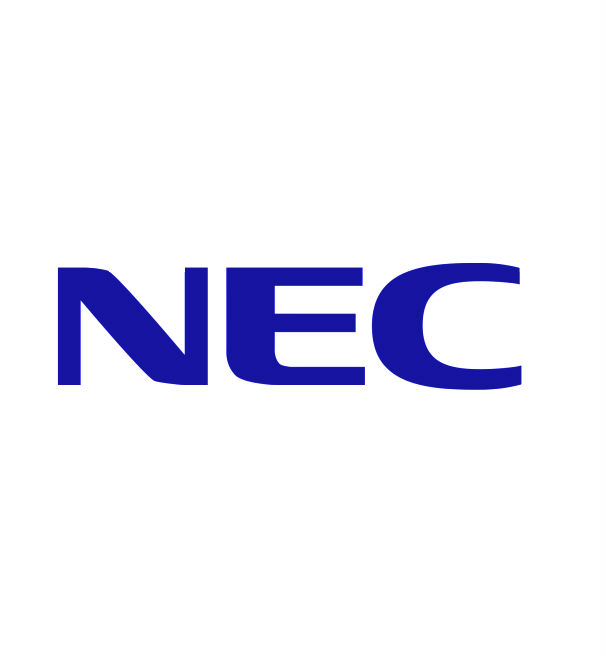 Today NEC Deutschland GmbH and Quobyte announced the deployment of a complete storage solution at HLRS in Germany. The HLRS facility is one of the top 20 supercomputing sites in the world and is amongst the top three in Germany. The facility is used by researchers and industry groups who typically run HPC workloads focused on Computational Fluid Dynamics (CFD), Physics, Transport and Climate, Structural Mechanics, Chemistry, Bioinformatics, and Electrical Engineering.
Today NEC Deutschland GmbH and Quobyte announced the deployment of a complete storage solution at HLRS in Germany. The HLRS facility is one of the top 20 supercomputing sites in the world and is amongst the top three in Germany. The facility is used by researchers and industry groups who typically run HPC workloads focused on Computational Fluid Dynamics (CFD), Physics, Transport and Climate, Structural Mechanics, Chemistry, Bioinformatics, and Electrical Engineering.
We are very pleased to have our NEC-Quobyte solution accepted by such a prestigious institution as HLRS as it proves that our software delivers the IOPS performance that’s required for running compute intensive HPC workloads such as Computational Fluid Dynamics, Physics, Transport and Climate and Structural Mechanics,” said Felix Hupfeld, Quobyte Co-Founder and CTO. “NEC has great expertise in the enterprise/commercial HPC/supercomputing arena and their trust in our Data Center File System in complementing their HPC solution validates our ability to deliver all the features that an enterprise system requires. Our software storage with automated and self-healing functionality provides HLRS with a seamless integration of S3 object storage and a fast and reliable parallel file system that not only eliminates the need to make internal data migrations before data processing but significantly reduces operational costs by lifting administrative burdens from their storage administrators.”
 Quobyte and NEC’s solution is based on NEC hardware plus Quobyte’s Data Center File System software to improve HLRS’s workload efficiency by providing a modern file system alternative to aged storage architectures. The combined system with a native S3 interface makes data ingestion and processing a breeze and is unique among storage systems, creating a single namespace for all of HLRS’s data assets. The system scales to hundreds of PBs without increasing the administrative burden and handles workloads of hundreds of millions of small files with ease. Multitenancy and ACLs enable secure and strict separation of concerns so that different research teams and companies can use and work on the same infrastructure simultaneously. In addition, Quobyte’s monitoring tools, health manager, and dashboard provide a near real-time overview of the cluster’s status and health, affording storage administrators the ability to drill into all the details they need to operate efficiently.
Quobyte and NEC’s solution is based on NEC hardware plus Quobyte’s Data Center File System software to improve HLRS’s workload efficiency by providing a modern file system alternative to aged storage architectures. The combined system with a native S3 interface makes data ingestion and processing a breeze and is unique among storage systems, creating a single namespace for all of HLRS’s data assets. The system scales to hundreds of PBs without increasing the administrative burden and handles workloads of hundreds of millions of small files with ease. Multitenancy and ACLs enable secure and strict separation of concerns so that different research teams and companies can use and work on the same infrastructure simultaneously. In addition, Quobyte’s monitoring tools, health manager, and dashboard provide a near real-time overview of the cluster’s status and health, affording storage administrators the ability to drill into all the details they need to operate efficiently.
Quobyte’s development experience in hyperscale storage solutions at Google are part of the DNA now ingrained in their unified, secure, self-healing global file system which is the foundation for our hardware platform,” added Erich Focht, Chief Software Architect at NEC Deutschland GmbH. “Our combined solution affords HLRS an easily configurable system that scales as their performance and capacity requirements grow without having to add additional manpower, while also offering a secure S3 interface for data ingestion coupled with the benefits of using a fast parallel file system.”
“The NEC-Quobyte system has allowed us to significantly reduce our administrative burden in setting up and maintaining our HPC cluster, which is now accomplished in software with a single namespace storage pool,” concluded Uwe Sauter of HLRS. “Our daily schedule has become much easier due to Quobyte’s self-managing/self-healing lights-out functionality – automatically scaling performance and capacity as the need requires with very little administrative intervention, resulting in a win-win for all.”
Visit NEC at booth #G-731 at ISC 2018.




